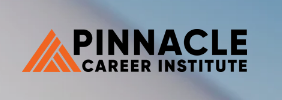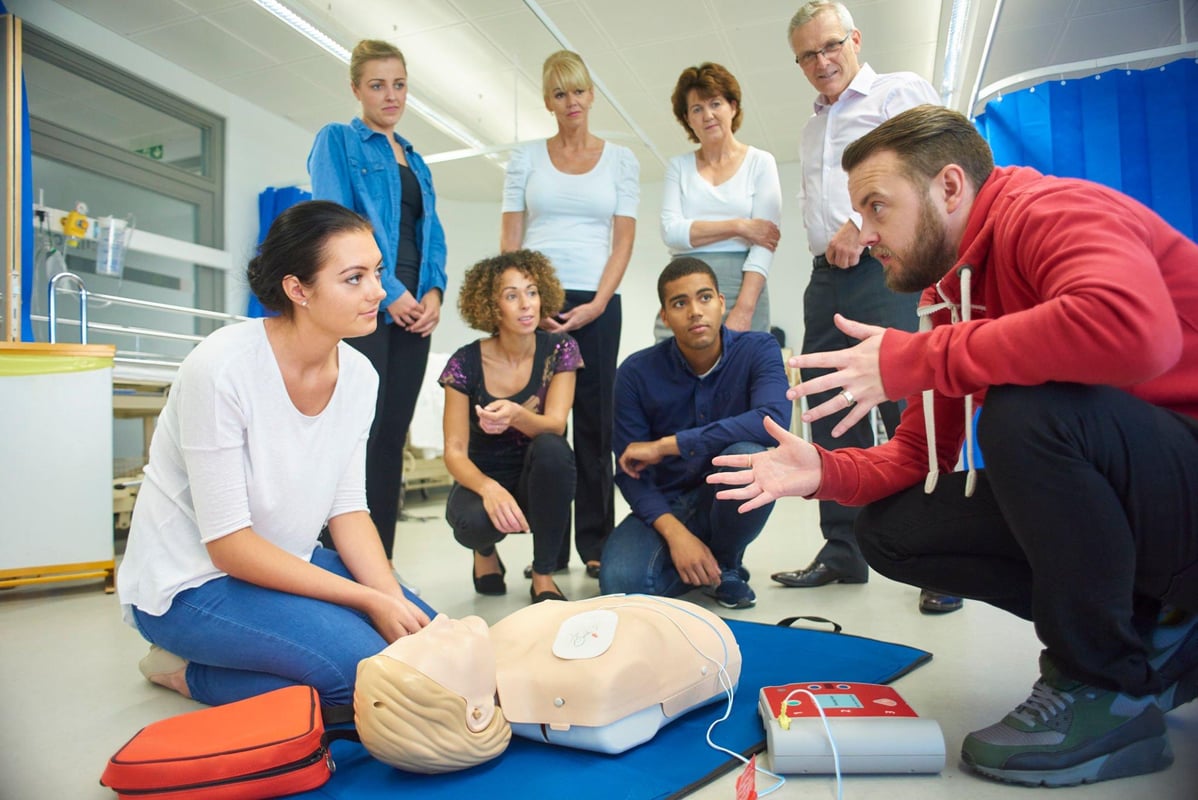
$1,995 total
No cost info
$1,300 total
$125 total
$85 total
No cost info
No cost info
No cost info
$36.50 total
No cost info
In the diverse field of healthcare, one fundamental skill that can make a significant difference is first aid. Whether you're an aspiring healthcare professional or a concerned citizen who wants to be prepared for emergencies, first aid training is invaluable. This blog post aims to provide comprehensive information about first aid classes, focusing mainly on options available in Kansas City.

First aid is the immediate care provided to an individual suffering from an illness, injury, or healthcare emergency. It involves simple, often life-saving techniques that can be performed with minimal equipment until professional medical help arrives.
First aid practitioners are trained to assess the situation, identify the nature of the casualty's condition, and provide the necessary help. This might involve bandaging wounds, performing CPR, or using an automated external defibrillator (AED).
Enrolling in a first aid class doesn't require any specific prerequisites. The training is designed to be accessible and understandable for everyone, regardless of their background or experience. However, there are certain traits and skills that can enhance your capability as a first aid provider:
Physical fitness: Some first aid procedures, like CPR, can be physically demanding.
Good communication skills: It's important to reassure and communicate effectively with the casualty and any bystanders.
Problem-solving: You'll often need to think quickly and clearly in high-pressure situations.
When looking for a first aid class, consider the following factors:
Accreditation: Ensure the course is recognized by a reputable organization.
Course content: Check that the course covers a wide range of scenarios and techniques.
Instruction methods: Look for a mix of theoretical learning and practical hands-on experience.
Instructor qualifications: Ensure the trainers are experienced and qualified.
First aid classes typically involve a mix of lectures, demonstrations, and hands-on practice. You'll learn fundamental concepts like the 'DR ABC' approach (Danger, Response, Airway, Breathing, Circulation), and specific techniques for different scenarios, such as choking, bleeding, or cardiac arrest.
Upon completion of the training, you'll typically take a practical assessment to demonstrate your competence in first aid techniques. Successfully passing this assessment will earn you a certificate, valid for a certain period - typically two or three years. After this period, a refresher course is required to renew the certification.
Being certified in first aid can be a valuable asset in many job fields, particularly healthcare and education. Some related roles include:
Teachers and childcare workers
Coaches and fitness instructors
Security personnel and law enforcement officers
After obtaining your first aid certificate, you might consider further healthcare training. Some options could include:
Advanced first aid or pre-hospital emergency care courses
CPR and AED training
Specialized courses, like pediatric or mental health first aid
Medical office specialist training or pharmacy technician training
Every workplace, regardless of its nature or size, can benefit from having staff trained in first aid. Workplace first aiders can respond quickly to incidents, potentially preventing minor injuries from becoming major ones and saving lives in more serious situations. Employers might also find that having first aiders on staff can contribute to a safer and more confident working environment.
In the community, first aid knowledge can be equally valuable. It can be particularly beneficial in rural or remote areas, where professional medical help might take longer to arrive. Community first aiders can also play a vital role in supporting vulnerable or at-risk groups, like the elderly or those with specific health conditions.
Beyond the potential to save lives, learning first aid can also contribute to personal development. It can boost your confidence, resilience, and problem-solving skills, and can also foster a sense of social responsibility.
In conclusion, taking a first aid class in Kansas City can be a rewarding and potentially life-changing decision. Regardless of your career or life stage, the skills and knowledge you'll gain will undoubtedly be valuable. Whether you're aiming for a healthcare career or simply want to be prepared for emergencies, first aid training is a worthwhile investment.
Remember, the best first aid class for you will depend on your specific needs and circumstances. So, take your time to research, compare options, and make an informed decision. With the help of platforms like Dreambound, finding the perfect class for you has never been easier.
If you're exploring options in this field in various locations, Dreambound's extensive guides are a great resource. We've got detailed insights for numerous cities. check out some additional guides below:
Thinking about all of the factors involved in making a career shift? Take a look at some of the guides we've written to help you in your journey.
Dreambound's platform allows prospective students to find the right educational program for them through searching, filtering, and connecting with our extensive selection of career & technical education partners.
Dreambound has over 70 programs across healthcare, technology, business, and industrial trades. This includes programs such as Medical Billing, Cybersecurity, and welding.
Some of our schools offer financial aid for those who qualify. Many others offer payment plans, where you can pay the cost of class over time.
Yes, Dreambound offers many online programs. On Dreambound's search, you can filter by online, in-person, and hybrid (part online, part in-person).
Dreambound is completely free for you to use! We are supported by schools and organizations who pay to advertise on our website, so we can offer all of our career resources for free.